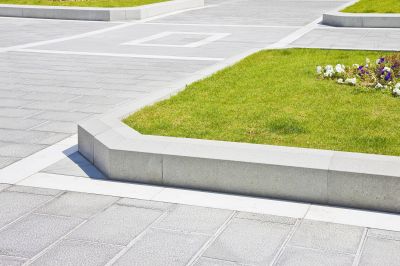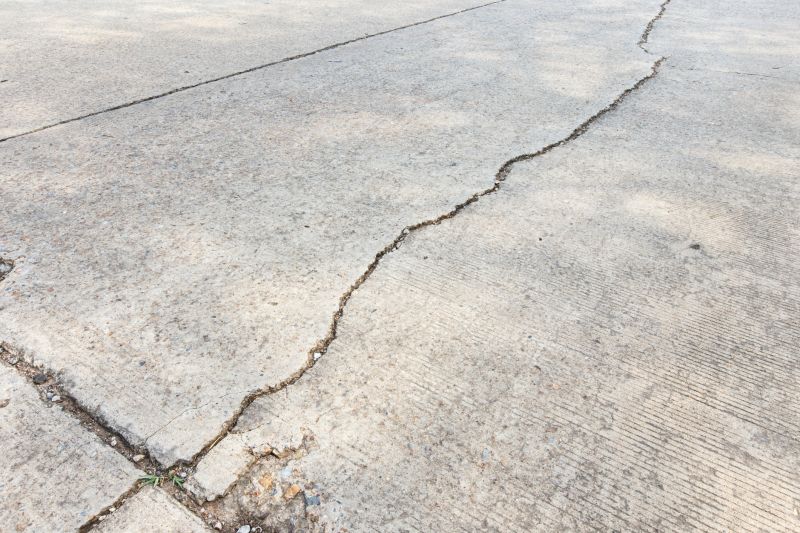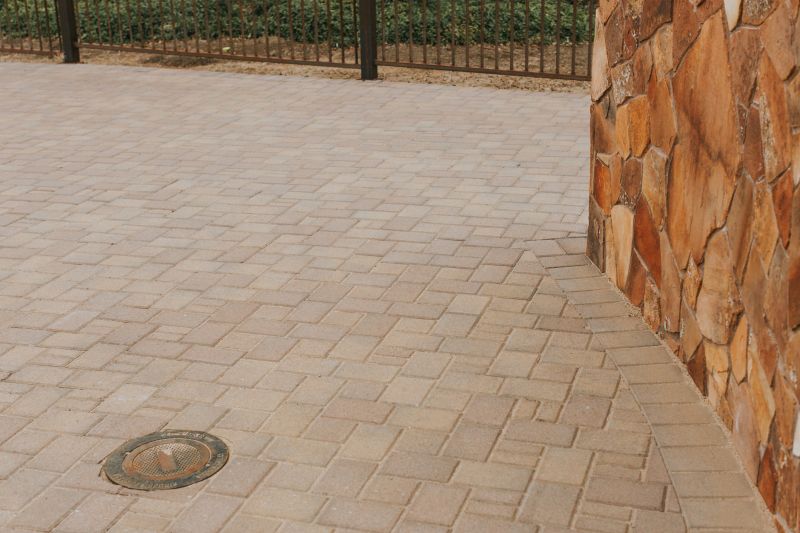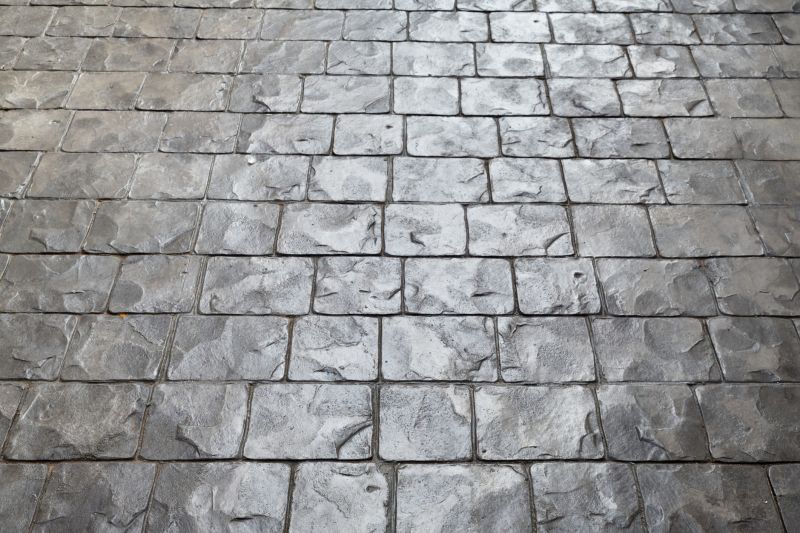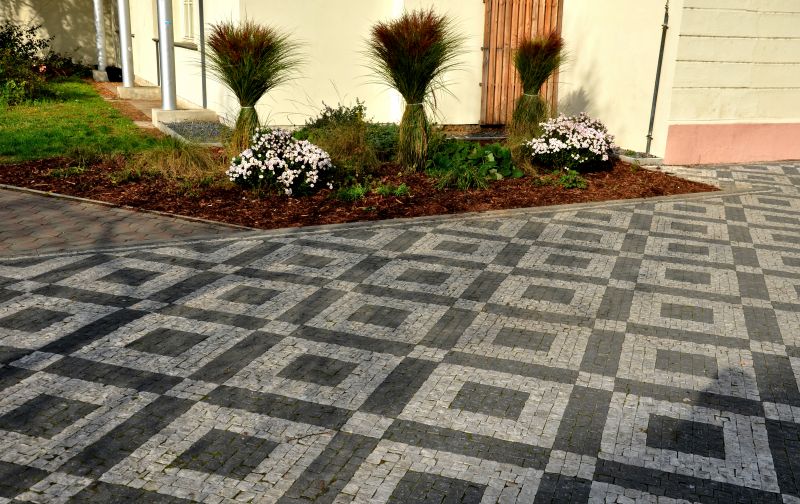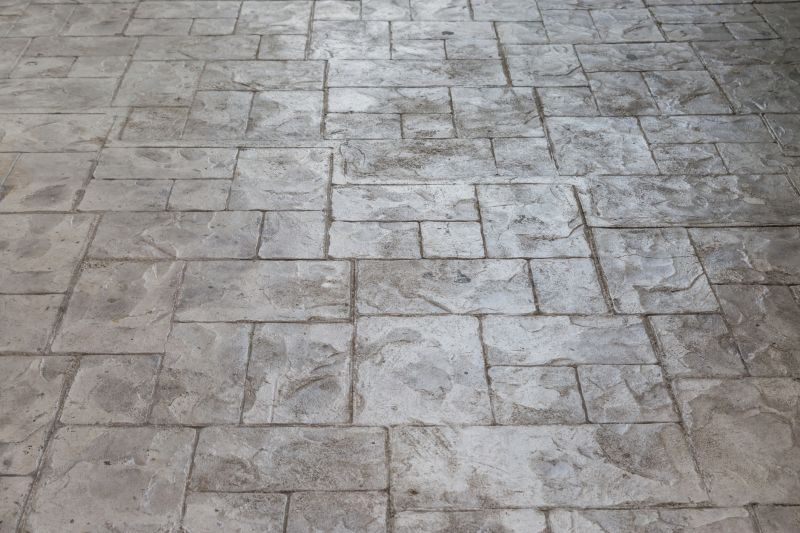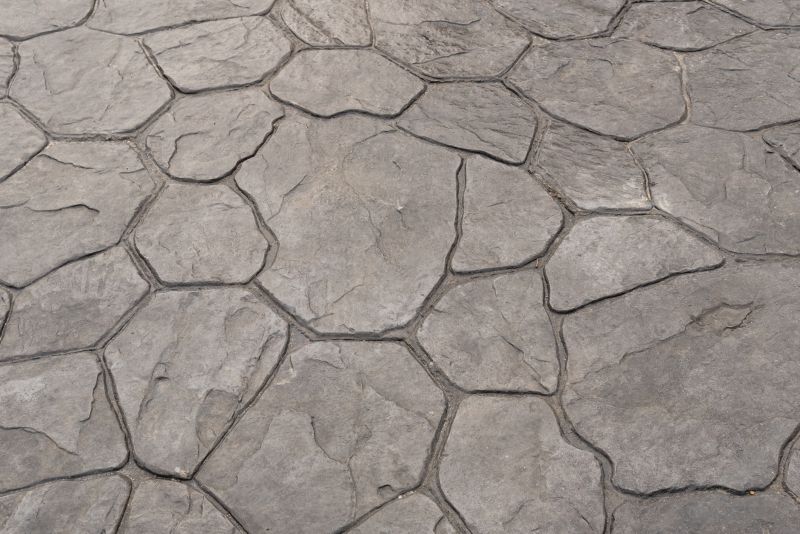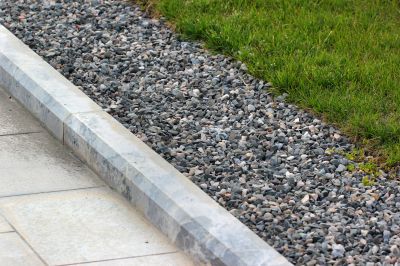Concrete Driveway Maintenance
Concrete driveways can last for many years with proper maintenance. Follow these steps to ensure your driveway stays in good condition:
Step 1: Clean the Surface
Start by removing any debris, such as leaves or dirt, from the driveway surface. Use a broom or a leaf blower to sweep away loose particles. For stubborn stains, you can use a pressure washer or a mixture of water and mild detergent. Scrub the stains gently with a brush, then rinse thoroughly.
Step 2: Repair Cracks and Holes
Inspect your driveway for any cracks or potholes. Small cracks can be filled with a concrete crack filler, while larger cracks or holes may require patching. Follow the instructions on the product labels for proper application. Smooth out the repaired areas with a trowel and allow them to dry completely before moving to the next step.
Step 3: Seal the Surface
Sealing your concrete driveway helps protect it from moisture, chemicals, and UV damage. Choose a high-quality concrete sealer that is suitable for your climate. Before applying the sealer, make sure the surface is clean and dry. Use a roller or sprayer to evenly distribute the sealer, following the manufacturer's instructions. Allow the sealer to dry completely before using the driveway.
Step 4: Regular Maintenance
To keep your concrete driveway in good condition, it's important to perform regular maintenance tasks. Sweep or rinse off any dirt or debris that accumulates on the surface. Avoid using harsh chemicals or de-icing agents that can damage the concrete. If you live in an area with freezing temperatures, use a plastic shovel instead of metal to remove snow or ice.
Step 5: Address Stains Promptly
If you notice any oil stains, grease marks, or other spills on your driveway, clean them up as soon as possible. Use an absorbent material like kitty litter or baking soda to soak up the liquid. Then, scrub the area with a mixture of water and mild detergent. Rinse thoroughly to remove any residue.
Step 6: Avoid Heavy Loads
While concrete is a durable material, it can still crack under heavy loads. Avoid parking heavy vehicles or placing heavy objects on your driveway for extended periods. If you need to park a heavy vehicle, consider using plywood or other protective measures to distribute the weight.
Step 7: Professional Inspection
Every few years, it's a good idea to have a professional inspect your concrete driveway. They can identify any potential issues and recommend appropriate repairs or maintenance. Regular inspections can help catch problems early and extend the lifespan of your driveway.
By following these steps, you can ensure that your concrete driveway remains in great shape for years to come.





